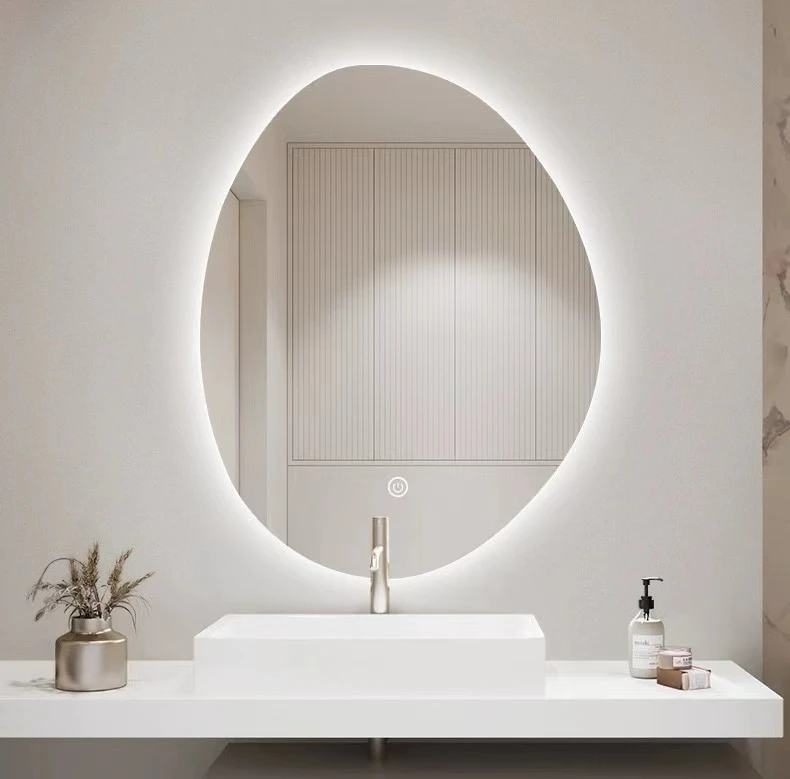

The Float Glass Manufacturing Industry An Overview
Float glass, a type of flat glass, is renowned for its clarity and smooth finish. It plays a crucial role in various applications, including architecture, automotive industries, and consumer electronics. The process of manufacturing float glass is intricate and requires high levels of precision and technology. This article explores the float glass manufacturing industry, highlighting key manufacturers, their production processes, and trends shaping the market.
Understanding Float Glass
Float glass is produced through a process that involves melting raw materials—primarily silica sand, soda ash, and limestone. Once melted, the glass is floated over molten tin, which provides a perfectly flat surface. The float glass process results in a high-quality product that possesses excellent optical clarity and uniform thickness. After the glass cools, it is cut into sheets for various applications.
Key Manufacturers in the Industry
The float glass manufacturing sector is populated by several major players who dominate the market. Some of the leading manufacturers include
1. Saint-Gobain Founded in 1665, Saint-Gobain is one of the largest manufacturers of float glass worldwide. The company is known for its innovation in glass production and commitment to sustainability. They offer a range of products, including coated glasses and energy-efficient solutions.
2. AGC Glass As a global leader in glass manufacturing, AGC (Asahi Glass Co.) operates a vast network of production sites. They are particularly known for their high-performance float glass used in various architectural applications.
3. Guardian Glass A subsidiary of Guardian Industries, Guardian Glass is recognized for its wide array of glass products, including float glass. The company emphasizes the development of energy-efficient glass solutions catering to modern building requirements.
4. Nippon Sheet Glass Co. (NSG) Headquartered in Japan, NSG operates numerous float glass production facilities around the world. They focus on advanced technologies and quality to produce float glass that meets the specifications of diverse industries.
5. Jiangsu Zhongtian Technology Co. Based in China, this company has grown rapidly in the float glass market, benefiting from the rising demand for glass in the Asian-Pacific region. They are committed to innovative manufacturing processes that enhance product quality.
Manufacturing Process

The float glass manufacturing process involves several stages
1. Batching The first step is the preparation of raw materials, which must be accurately measured and mixed.
2. Melting The mixed batch is heated in a furnace at temperatures exceeding 1,600°C (2,912°F) until it melts into a molten glass.
3. Floating The molten glass is poured onto a bath of molten tin, allowing it to spread uniformly and form a flat surface.
4. Annealing After floating, the glass must be cooled slowly in an annealing lehr to relieve internal stresses.
5. Cutting and Packaging Once the glass has cooled and is stable, it is cut into required sizes and packaged for distribution.
Trends and Future Outlook
The float glass industry is currently experiencing significant trends and challenges. One major trend is the increasing demand for energy-efficient and eco-friendly glass solutions. As sustainability gains importance, manufacturers are investing in technologies that reduce waste and improve energy consumption.
Another trend is the rise of smart glass technologies. These glasses can change properties based on environmental conditions, offering exciting opportunities in architectural and automotive applications. As the demand for smart buildings grows, float glass manufacturers will need to adapt their production techniques and product offerings.
Global competition is sharpening, with emerging markets, particularly in Asia, playing a pivotal role in driving production capacities. Manufacturers in these regions are focusing on cost-effective solutions while maintaining quality to capture a larger market share.
Conclusion
The float glass manufacturing industry is critical to many sectors of the economy, providing essential materials for construction, automotive, and consumer products. Key manufacturers continue to lead the way, driven by innovation and sustainability. As the industry evolves, evolving consumer demands and technological advancements will shape the future of float glass, making it an exciting field to watch in the coming years. With ongoing developments, the potential for growth remains significant, promising a bright future for float glass manufacturers globally.